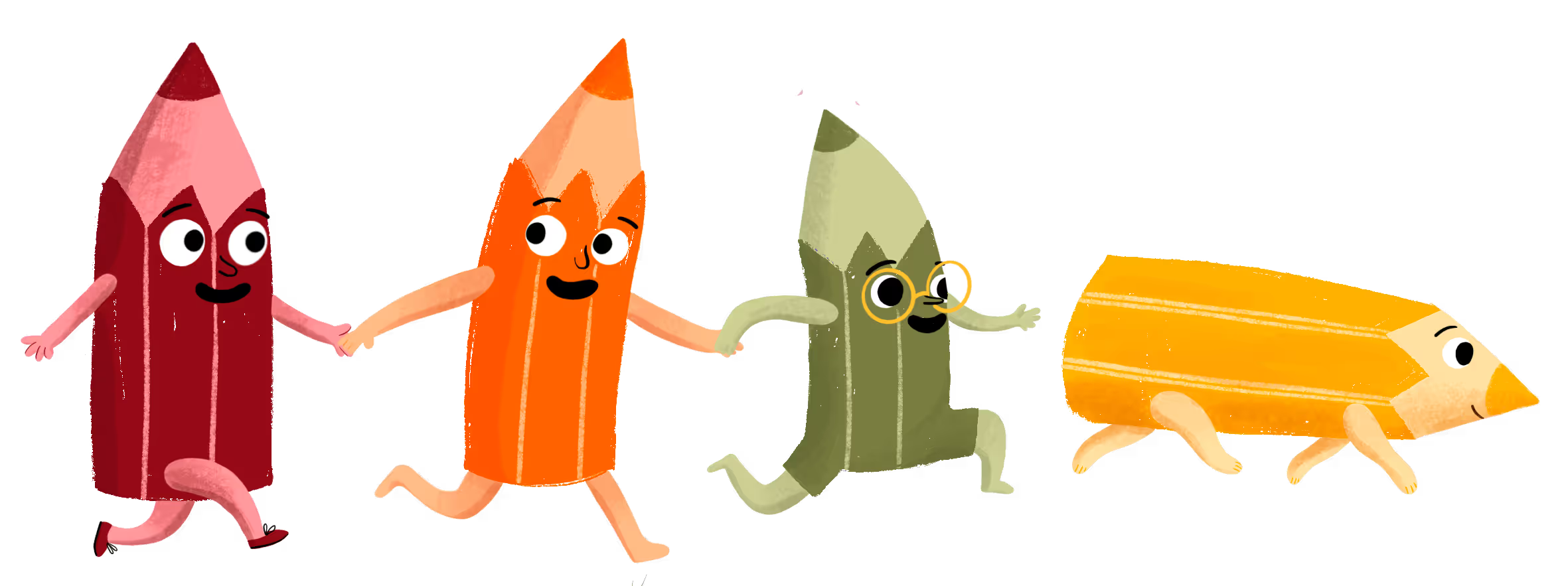Disability affects a significant portion of the UK population, with an estimated 16 million disabled individuals recorded in 2021/22 (DfWP, 2023). The number of children identified as neurodivergent and disabled under the statutory definition of Special Educational Needs and Disabilities (SEND) continues to rise year after year, with most settings experiencing an increase of over 10% – some nearing 20% (TES, 2025).
However, while inclusive education is a fundamental right (UNESCO, 2019), neurodivergent and disabled children face greater risks of bullying and mental health challenges compared to their non-disabled peers (Aji et al., 2024; Augustine et al., 2024). Bias-based discrimination persists in many educational settings, leading to social exclusion, reduced peer acceptance, and missed learning opportunities (Kayama & Haight, 2014; Nabors & Keyes, 1997; Guralnick et al., 1996).
One of the barriers to inclusive education is that while many teachers hold positive attitudes toward inclusion, they often lack the training needed to effectively support neurodivergent and disabled children in the classroom (Losberg & Zwozdiak-Myers, 2021). To bridge this gap, schools must adopt anti-ableist approaches that celebrate human diversity and educate children about neurodiversity and disability (Leicester, 2008). Interventions such as role-playing have shown promise in fostering positive attitudes and social acceptance among non-disabled students (Armstrong, Morris, Abraham, & Tarrant, 2017; Favazza & Odom, 1997).
The Power of Inclusive Storytelling
Rudine Sims Bishop’s "Mirrors, Windows, and Sliding Glass Doors" theory (Bishop, 1990) highlights the importance of diverse representation in media. Disabled children need to see themselves reflected in stories (mirrors), while their peers need windows into different lived experiences. Sliding glass doors allow all children to immerse themselves in inclusive narratives, fostering empathy and understanding (Hayden & Prince, 2020). Unfortunately, mainstream education still lacks positive disability representation in learning resources, and many educators fear discussing disability due to concerns about causing offence (Crowson & Brandes, 2014; Hansen et al., 2023).
Stories That Shape Understanding: Toy Box Diversity Lab
A recent project by the QMU Toy Box Diversity Lab has taken a creative and insightful look into how children’s own storytelling can uncover their understanding of disability. Using a method called story stem completion, children were given the beginning of a story alongside images of toys representing a range of visible disabilities, and invited to finish the story. This was done both before and after a series of inclusive, play-based activities that encouraged discussion around disability.
What emerged from these stories was powerful: a shift in language, empathy, and understanding. Children began to talk more positively about disability and demonstrated greater social inclusion in their narratives. The research highlights the transformative role of story in shaping children's perceptions – and the critical importance of providing them with both the language and representation to explore disability meaningfully.
"We saw real changes in how children described friendships, inclusion, and disability – just through storytelling."
– Dr Clare Uytman, CPsychol Senior Lecturer | University of Edinburgh
“This is exactly why representation and curriculum inclusion matter – it equips children to think, talk and act inclusively.”
– Dr Siân E Jones, CPsychol, SFHEA Senior Lecturer in Psychology and Education | Queen Margaret University
For further reading, see:
Rennie, C., Jones, S. E., & Uytman, C. (2024). Unlocking imaginations: lessons learnt from using story stem completion with young children. Qualitative Research in Psychology, 22(2), 533–558. https://doi.org/10.1080/14780887.2024.2430600
Addressing Educational Disadvantage Through Tales Toolkit
This is where Tales Toolkit (TTK) comes in. Our evidence-based, child-led storytelling approach is designed to:
- Tackle educational disadvantages faced by neurodivergent and disabled children.
- Promote inclusivity and reduce adversity in early years through storytelling.
- Enhance engagement in literacy and wellbeing while fostering acceptance and collaboration.
Tales Toolkit builds on previous research, particularly the ‘double empathy problem,’ which highlights how communication barriers between neurodivergent and non-neurodivergent individuals can create misunderstandings. Unlike traditional interventions that impose neuronormative structures, TTK offers a flexible, multi-sensory, and multimodal approach that adapts to each child’s unique needs.
Why Tales Toolkit is Different
Many so-called play-based interventions are overly structured and fail to accommodate neurodivergent children. Tales Toolkit, however, provides:
- A truly child-led approach: Encourages autonomy and creativity rather than enforcing rigid structures. This aligns with anti-ableist frameworks and is strongly supported by therapists and advocates.
- Multi-modal and multi-sensory elements: Ensures accessibility for children with diverse communication and sensory profiles, including low-tech AAC options.
- Support for sensory integration: Adaptable input levels cater to individual needs, preventing cognitive overload and supporting attention through manageable information "chunks."
- Novel experiences for engagement: Inspired by Attention Autism research, our method introduces fresh, engaging storytelling techniques that captivate learners.
- Flexible delivery: The programme allows educators to use it creatively and dynamically, with skills that translate across classroom practice.
TTK aligns with the four broad areas of need outlined in SEND education (DfE, 2023):
- Communication and interaction
- Cognition and learning
- Social, emotional, and mental health
- Sensory and/or physical needs
Final Thoughts
By integrating inclusive storytelling into early years settings, we can challenge ableism, foster empathy, and empower every child to find their voice. Research from the Toy Box Diversity Lab confirms what we at Tales Toolkit already believe: when children are given the right tools and the space to explore, they surprise us with their insight, kindness, and creativity.
Let’s continue building classrooms where every story matters – and every child belongs.
Special thanks to Kerry Murphy, Associate Lecturer at Goldsmiths, University of London; Dr Siân E Jones, CPsychol, SFHEA, Senior Lecturer in Psychology and Education at Queen Margaret University; and Dr Clare Uytman, CPsychol, Senior Lecturer at the University of Edinburgh, for their insights and contributions to this piece.
Want help bringing these ideas to life in your own setting? Let’s chat!If you'd like to know more about engaging parents – or if you're doing something similar, we'd love to hear from you. We have resources in our member area to help with engaging parents, and you can also order extra kit to use as a loan library.







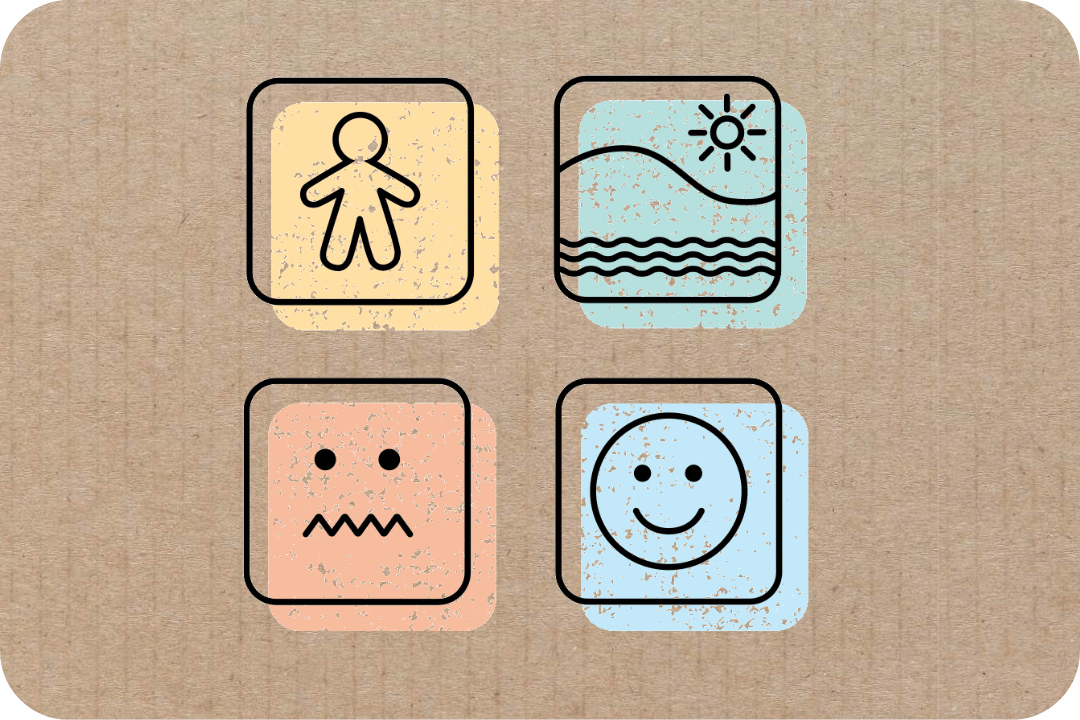
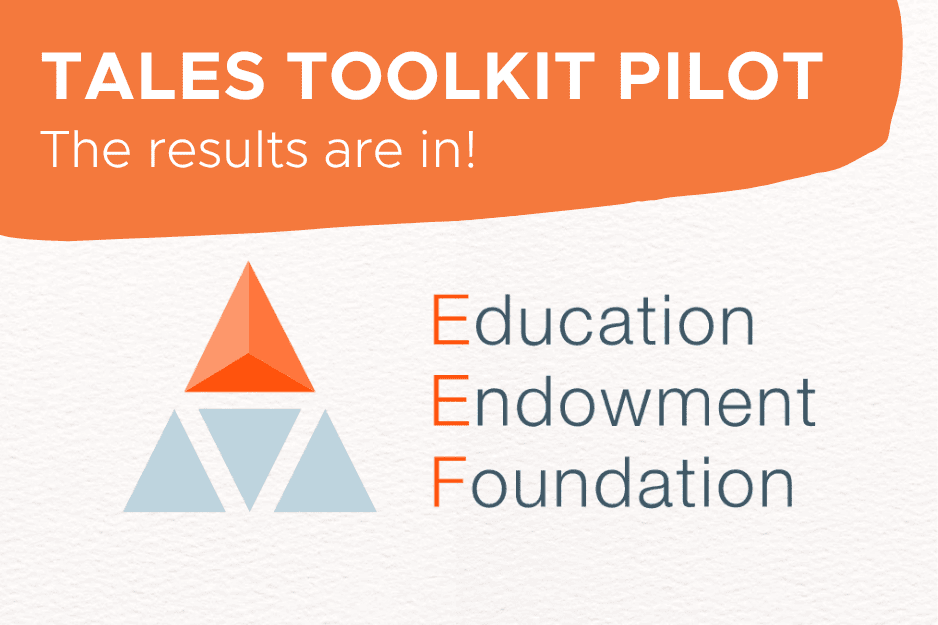


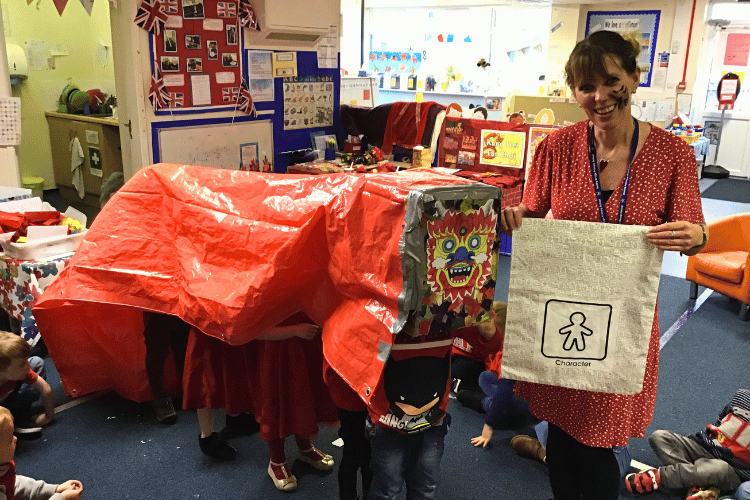

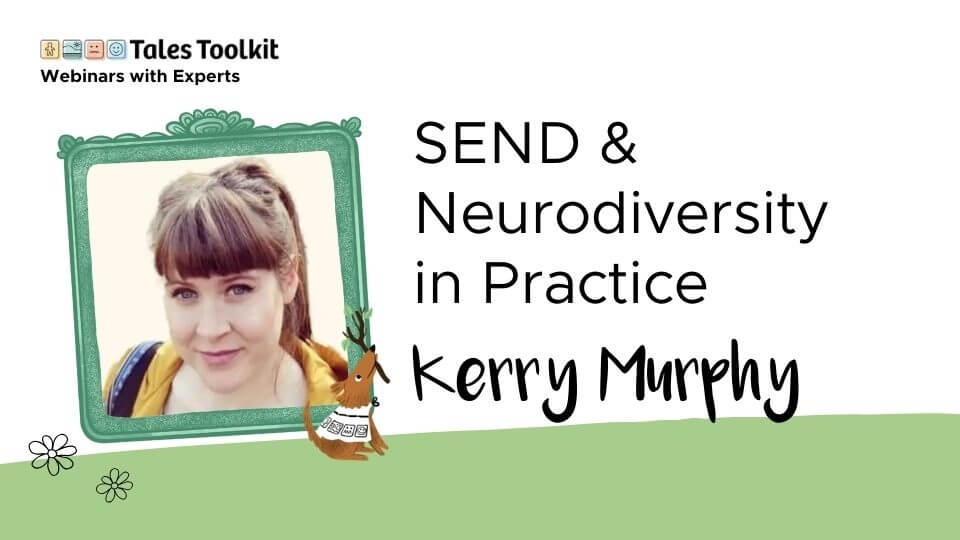
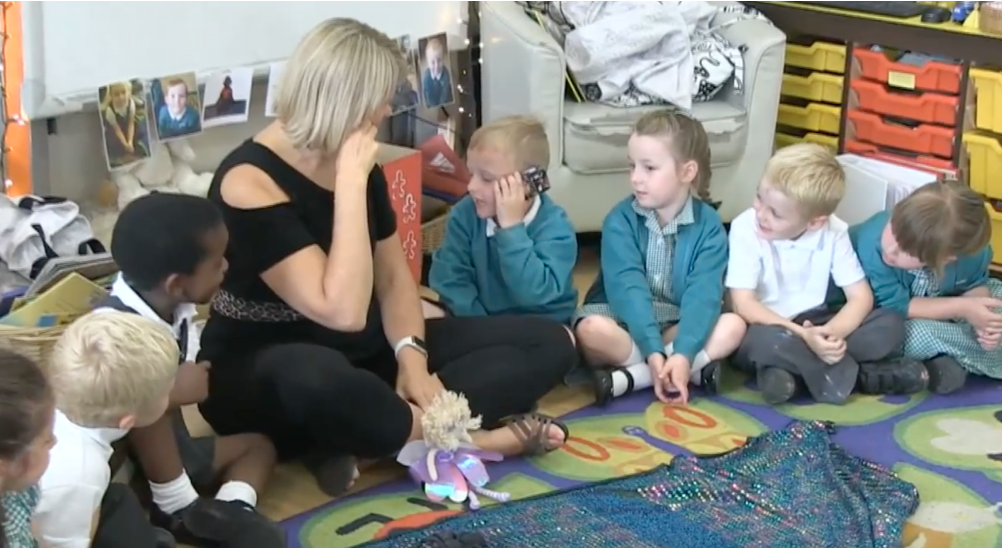
.png)
.jpg)












.jpg)
.jpg)
.jpg)

.jpg)







































